Meadow Pipits dwindling in Northern Ireland
01 Jul 2012 | No. 2012-24
Latest figures from the Breeding Bird Survey (BBS) reveal that numbers of Meadow Pipits declined by nearly a third in Northern Ireland between 2010 and 2011.
of Meadow Pipit have declined in
Northern Ireland
Meadow Pipits are widespread across Northern Ireland, favouring areas of open country and grassland. Numbers had remained stable from the start of the BBS in 1994 until 2005, but after that a decline was observed, and between 2010 and 2011 numbers fell by 27%, possibly due to unfavourable weather conditions.
Kate Risely, BBS organiser at the British Trust for Ornithology, said “The last few years have seen a worrying decline in Meadow Pipit numbers in Northern Ireland. BBS results are crucial in understanding the causes behind bird declines, and we owe this information to dedicated volunteer birdwatchers.”
BBS population trends are published annually for over 30 bird species in Northern Ireland. While some birds are declining, many are thriving, including the warblers Chiffchaff, Willow Warbler and Blackcap, which increased by 47%, 13% and 69% in Northern Ireland between 2010 and 2011.
Ian Enlander, ornithologist at the Northern Ireland Environment Agency, added “The Breeding Bird Survey provides a range of organisations in Northern Ireland with the data needed to understand changes in populations of many of our common bird species. It is the starting point for informing decisions about management of our countryside, to try and make it a more ‘bird friendly’ place. The role of volunteers is critical in these surveys and Northern Ireland Environment Agency would encourage anyone interested in contributing to this important work to contact BTO for details of how they can become involved."
“Results such as these are important as they flag up declines in common birds, in this case the Meadow Pipit. They act as triggers for conservation organisations such the RSPB to carry out research and find out what is impacting on these birds. In Northern Ireland, our sample sizes are still relatively small so it may be difficult to determine whether the decline is in the population as a whole or differs between Meadow Pipits found on lowland farms and those found on upland bogs. We’d like to use this opportunity to put out a call for more volunteers to take part in the BBS surveys which would allow us to understand changes in common bird populations in more detail and are an important part of Stepping Up for Nature" said Brad Robson, RPSB Area Manager for Fermanagh.
Notes for Editors
- For a PDF of the full report visit www.bto.org/bbs/results/BBSreport11
- The Breeding Bird Survey is run by the British Trust for Ornithology (BTO) and is jointly funded by BTO, the Joint Nature Conservation Committee (JNCC) (on behalf of the statutory nature conservation agencies: Council for Nature Conservation and the Countryside, the Countryside Council for Wales, Natural England and Scottish Natural Heritage), and the Royal Society for the Protection of Birds (RSPB).
- The BTO/JNCC/RSPB Breeding Bird Survey (BBS) is a national project aimed at keeping track of changes in the breeding populations of widespread bird species in the UK. The BBS involves around 2,500 participants who survey more than 3,200 sites across the UK, enabling us to monitor the population changes of over 100 bird species. Knowing to what extent bird populations are increasing or decreasing is fundamental to bird conservation.
- The information provided by the BBS provides a cornerstone for conservation action for birds in the UK.
- This important survey is carried out by volunteer birdwatchers throughout the UK, who receive no financial reward or expenses for their efforts. We are indebted to them for their tremendous support..
- The BTO is the UK's leading bird research organisation. Over thirty thousand birdwatchers contribute to the BTO's surveys. They collect information that forms the basis of conservation action in the UK. The BTO maintains a staff of 100 at its offices in Norfolk, Stirling and Bangor, who analyse and publicise the results of project work. The BTO's investigations are funded by government, industry and conservation organisations.
Contact Details
Kate Risely
(Breeding Bird Survey Organiser)
Office: 01842 750050
(9am to 5.30pm)
Email: kate.risely [at] bto.org
Paul Stancliffe
(BTO Press Officer)
Office: 01842 750050
(9am to 5.30pm)
Mobile: 07585 440910 (anytime)
Email: press [at] bto.org
Shane Wolsey
(BTO Ireland Officer)
(Oversees the BBS in Northern Ireland)
Home: 02891 467 947
Email: shane.wolsey [at] btinternet.com
Judith Carville
(Media Officer, RSPB Northern Ireland)
Mobile: 07736 477526
Email: Judith.Carville [at] rspb.org.uk
Images are available for use alongside this News Release. Please contact images [at] bto.org quoting reference 2012-24
The BTO has an ISDN line available for radio interviews. Please contact us to book an interview Office: 01842 750050

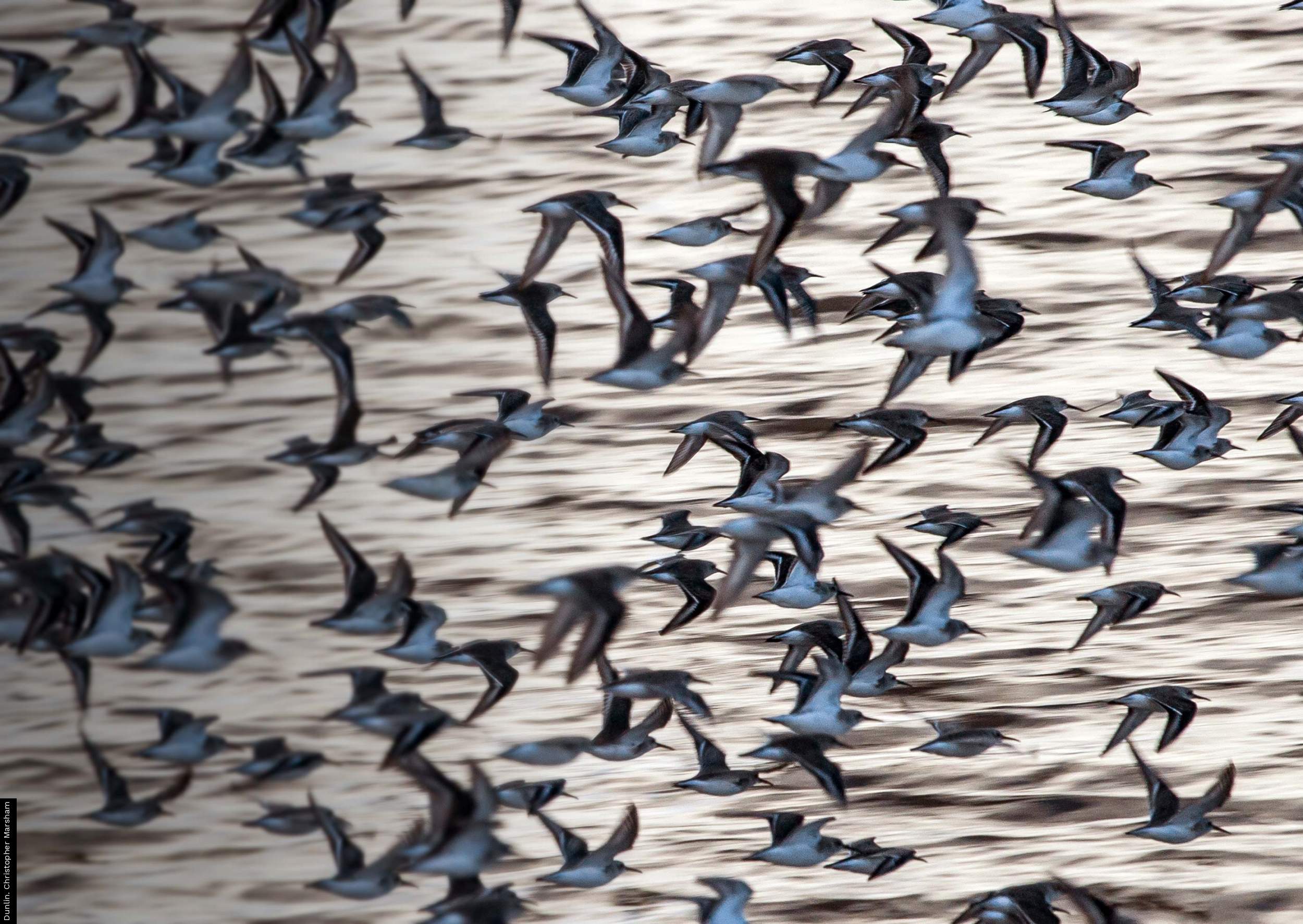
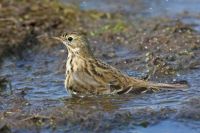
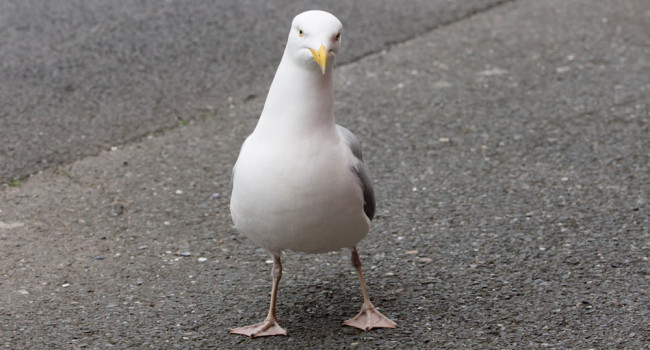
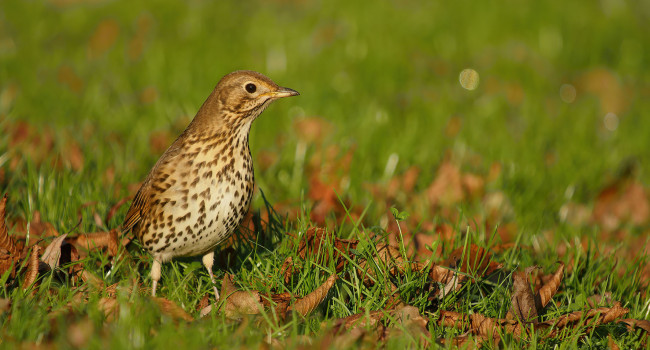
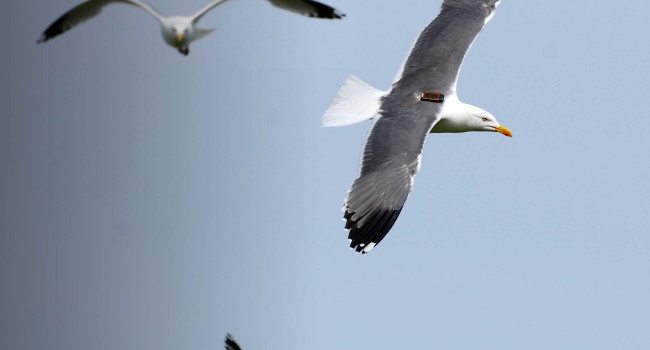

Share this page